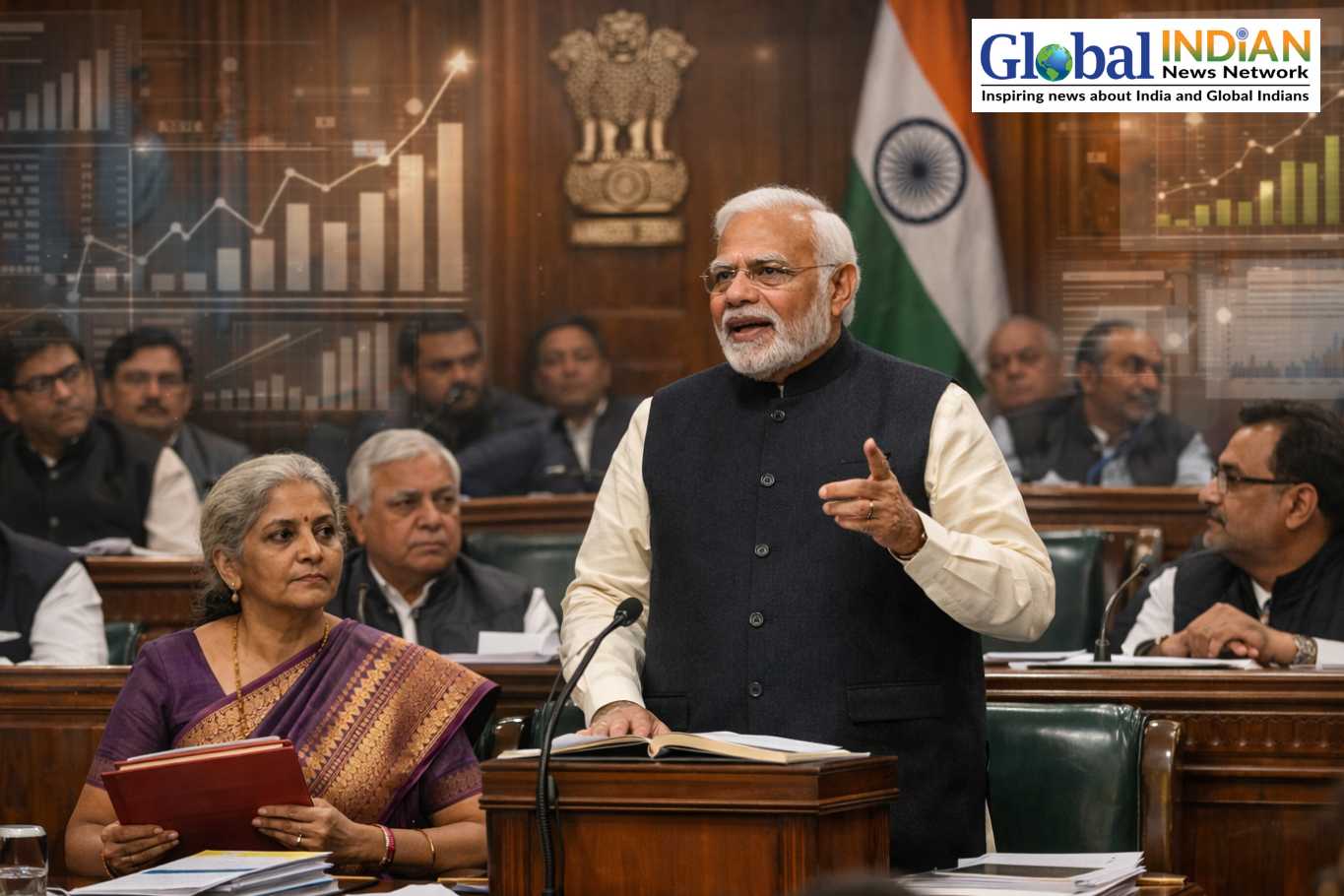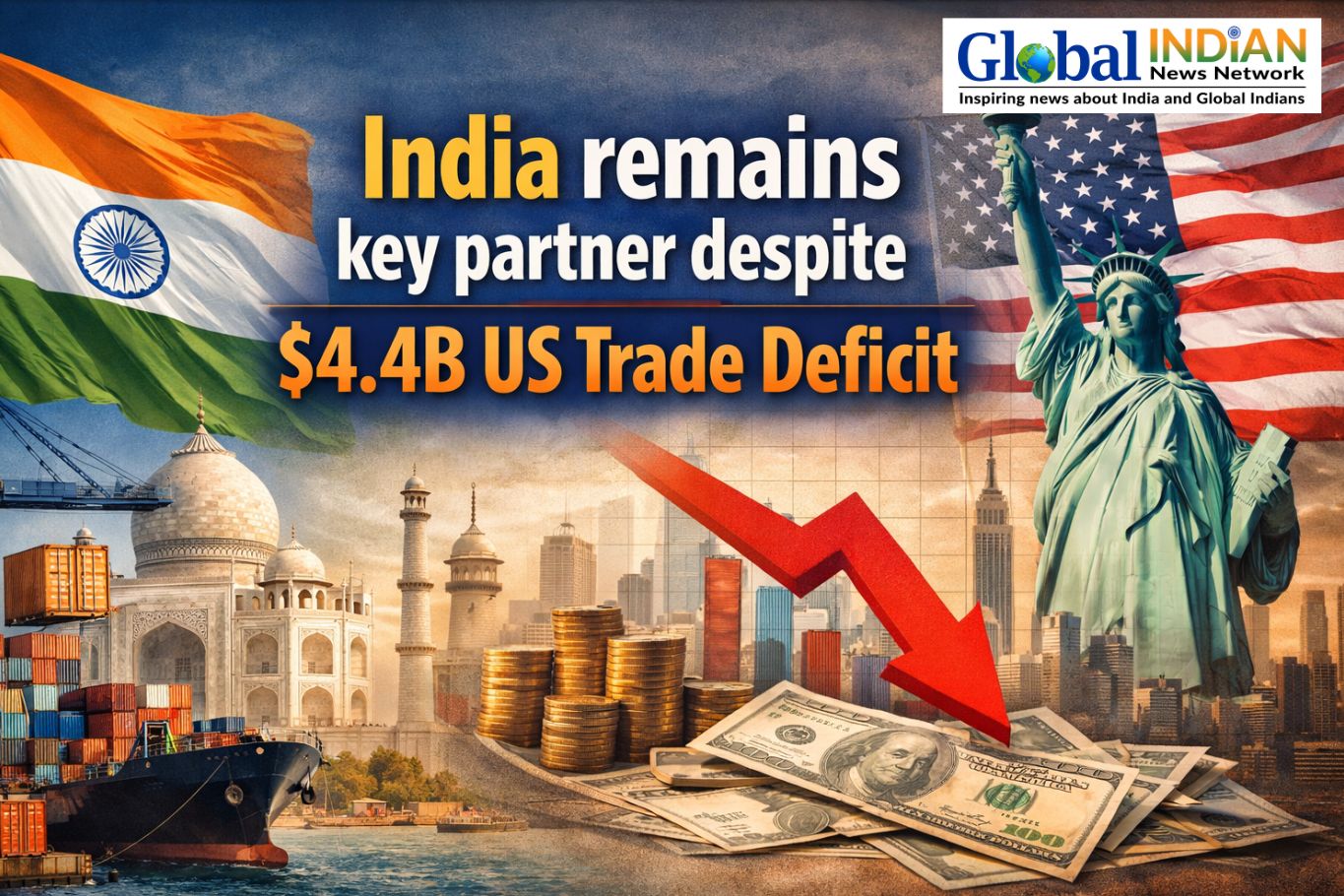
India’s Ministry of Mines has earmarked approximately $1.9 billion to strengthen its critical minerals sector, a move designed to secure essential raw materials like lithium for its growing energy and infrastructure needs. To lessen dependence on imports, the country identified 30 key minerals in 2023, with lithium being a top priority. Sources indicate that Prime Minister Narendra Modi’s cabinet is likely to approve an initial investment of around $300 million this week.
A significant portion of the funding will come from the National Mineral Exploration Trust, which is set to contribute over $1 billion. Additionally, the Department of Science and Technology will allocate $115.57 million, while the Geological Survey of India will provide approximately $462.27 million. These financial commitments, outlined in a Ministry of Mines presentation, underscore India’s dedication to strengthening its domestic mineral supply chain. However, specifics of the incentive framework are still under discussion.
Recognizing China’s dominance in lithium processing, India is working to develop its own refining capabilities and has sought technological collaboration with nations such as Australia, Russia, and the United States. Despite launching its first critical minerals auction in late 2023—offering 48 mineral blocks for development—only half received successful bids. The government remains committed to fostering a self-sufficient minerals industry, ensuring long-term economic and energy security.











